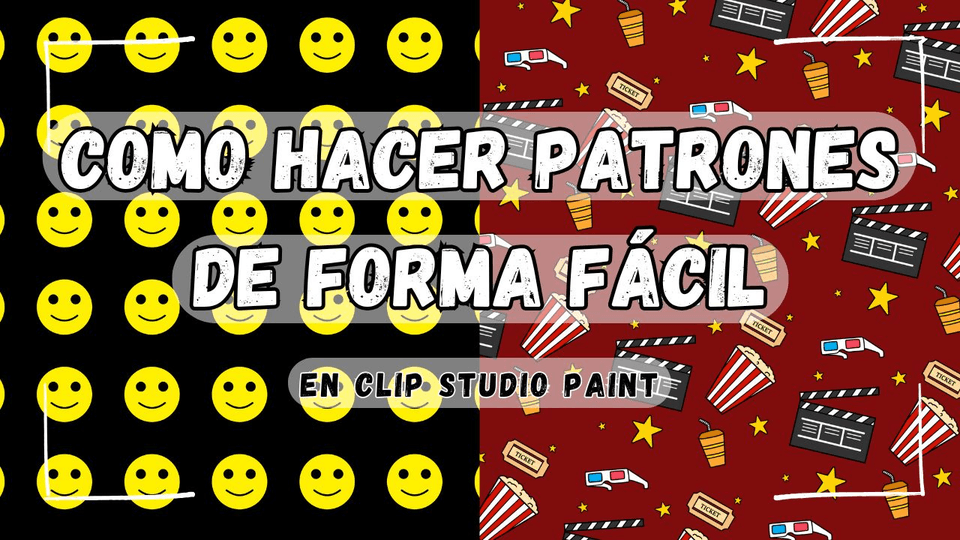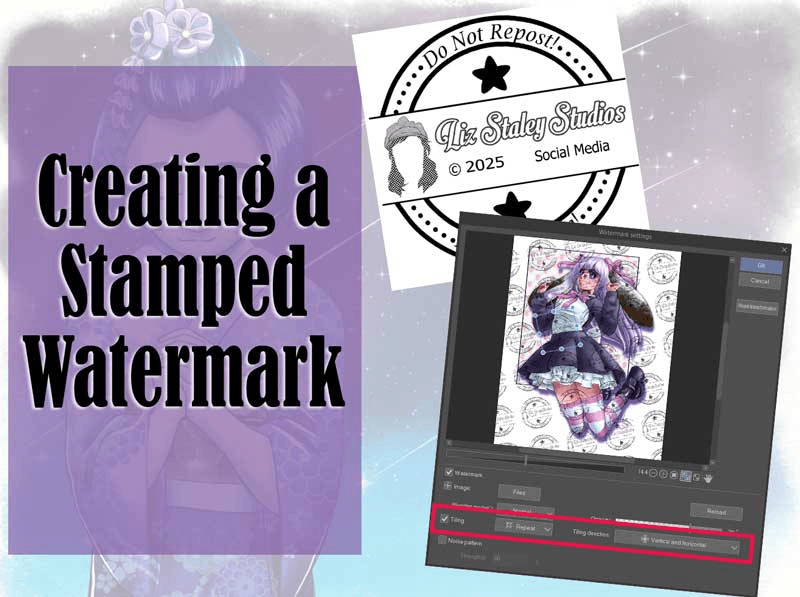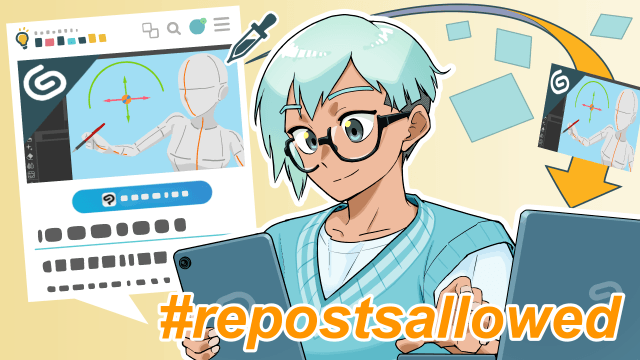Auto Action: RGB Channels for the Pixel Perfect Selection!
Introduction
Hi,
This is Linco, with another tutorial. This time, I want to talk about a very cool feature in Clip Studio Paint - auto action.
Using auto action, we can kind of "program" repetitive or tasks to increase our workflow speed!
In this tutorial, I will demonstrate how having RGB channels will allow you to make very very accurate selections! I will provide the asset to you from the asset store.
Video
Check out the video provided alongside the tutorial for more in-depth information! In the video, I also cover the basics of the auto action feature, recorded demonstrations for channels selections, a real time walk-through for set-up, and bonus TIPS using auto action!
Demo: RGB Selections for Pixel-Perfect Selections
The benefit of using channels to select rather than other methods is that it is great at separating our colour and making amazingly accurately selections.
Clip Studio Paint has great selection tools by default, such as the Auto Select and Select Colour Gamut tools, however, even they can struggle with for example, selecting ONLY the sky in this photograph I took at Kyoto.
However, with RGB Channels, we can make very quick and precise selections, enough to completely remove the sky, while maintaining the complex tree shapes in the foreground!
This is obviously great for photo editing in Clip Studio Paint, however, this can also be a great use for concept artists, matte painters, and many other artists. Adding RGB channels to your tool kit can prove to be very powerful depending on how you use it.
For example, I can bring in the lanterns from another photo from my Kyoto trip (it's beautiful there! I recommend visiting sometime) into this monochrome sketch I made of an asian cityscape.
So besides photo editing, one benefit of very accurate selections is to photobash some images and textures into our illustrations, or just simply generate ideas and the "feel" of a picture before painting our own version!
Autoaction: RGB Channel Seperation Asset
In this asset, I provided the RGB Channel Seperation autoaction as a material that you can import and download into your Clip Studio Paint!
Try it out and make accurate selections following the video or article!
How Does it Work?
With the autoaction provided, you can make RGB channels of your currently selected layer. This is what it will look like when you run the auto action.
Your selected layer will have three new layers created! One for each of the three channels: red, green and blue!
What these channels represent is a greyscale representation of the amount of colour in the original image.
Areas in white mean there is more of that channel colour in the original image.
For example, looking at the "Blue Channel" thumbnail, you can see the background is the most white. That makes sense! Because the sky in that background is mostly made of Blue!
Making Selections from Channels
Using the Kyoto sky picture as an example, let's find out how we made such an accurate selection to remove the sky.
We start by picking the channel with the most white where we want to select. In this case, that would be the Blue Channel, notice the sky is the most separated from the background here.
With the Blue Channel selected, we can now make the contrast even stronger! We want the sky to be pure white, and the foreground to be pure black.
To do this you can approach it multiple ways:
1. Opening up 'Levels Adjustment' or Ctrl+L (shortcut) we can make the dark areas go towards black and the light areas go towards white. In the above image, you can see I adjusted the "input slider" under I got a strong contrast while maintaining details in the tree leaves.
2. You can simply paint using a brush on "Overlay Mode" paint black into the dark areas to darken them, and paint white into the light areas to lighten them.
After we have our channel separated, we can now go into
"Edit -> Change Brightness to Opacity"
This will make the most light areas transparent! There goes our sky. Now, lastly, simply right click the thumbnail of the layer (make sure it's the thumbnail) and go to "Selection from Layer -> Create Selection"
You're done! You've made an extremely accurate selection of the foreground. Now you can either save this selection by going to "Select -> Convert to Selection Layer."
With the selection still active, we can go back to the layer with our original image and delete the foreground, or invert the selection and delete the sky.
Check out the Video for More TIPS and Indepth Explanation
Thanks for reading! Hopefully with this auto action feature, you can add this to your list of techniques to improve your art and workflow by making accurate selections!
Please check out the video for more indepth explanation, basic auto action tutorial, and more useful tips to program into auto action.
Linco
























Comment